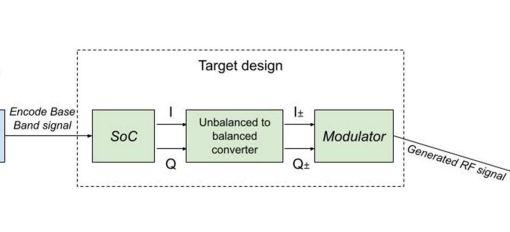One of the OpenSatCom sub-activities, “Development of Open Source tools for SatCom constellation analysis”, has already yielded the first two deliverables, devoted to exploring the current status of orbital exchange formats and satellite propagators in the open source ecosystem.
Orbit Mean-Elements Messages (OMMs) support assessment
The first part of the project involved making an assessment of the support for Orbit Mean-Elements Messages (OMMs), a standard format published by the Consultative Committee for Space Data Systems (CCSDS) used to exchange orbital information and poised to replace the popular Two-Line Element sets (TLEs).
| Name | OMM read | OMM write | Notes |
| python-sgp4 | XML, CSV | In progress | Only elements, no covariances or metadata. JSON write in progress. |
| Orekit | KVN | Missing | |
| beyond | KVN, XML | KVN, XML | |
| python-satellitetle | In progress | In progress | JSON and CSV read in progress. XML and JSON write in progress. |
| oacmpy | KVN, XML | Missing | Only export to CZML. |
| ccsds-ndm | XML | XML | Only non-permissively licensed library. KVN and JSON in the roadmap. |
Simplified General Perturbations 4 (SGP4) implementation benchmarks
The second part of the project benchmarked several implementations of SGP4 (Simplified General Perturbations 4), the algorithm used to propagate TLEs and arguably one of the most widely used satellite propagation algorithms in the world. Several use cases were compared (propagating a single satellite vs multiple satellites, one date vs multiple dates) on two hardware architectures (a personal laptop and a dedicated, multi-core server).
The third and last part of the sub-activity involves the “Implementation and publication of a Python library to design SatCom constellations according to different orbital patterns”, and will be made available in the coming weeks.

